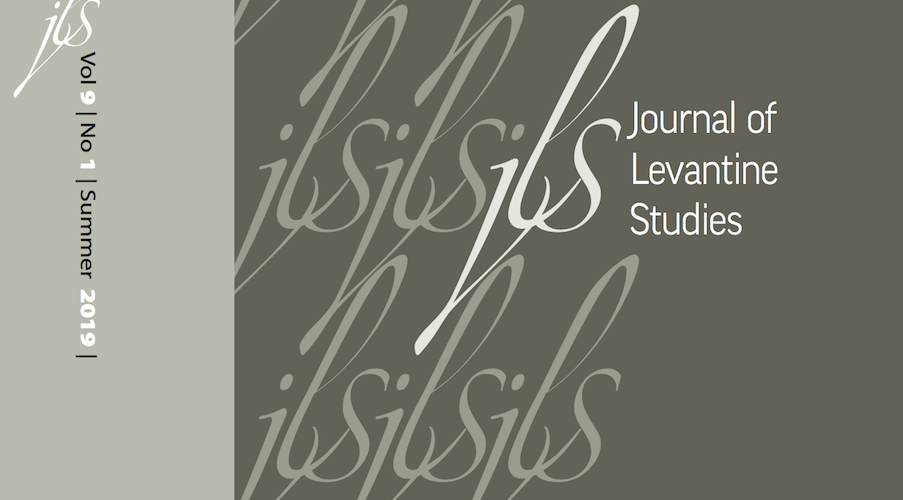Partitions and Translations: Arab Jewish Translational Models in Fin de Siècle Palestine
- Description
Product Description
This article offers a new reading into translation works from early twentieth-century Palestine which operated in between the Arabic-Hebrew cultural and linguistic borderlands. Against the backdrop of the political and social events in that period which dominated by processes of national, ethnic, and religious partitions, the article explores the ways in which these Arab-Jewish translators fundamentally challenges the nationalistic and monolingual separatist ideology and represent an alternative political and cultural route. The article explores their unique translation methods that were based on four principles: Polyglot fusion—mixing Arabic and Hebrew, Jewish and Muslim traditions; loose distinction between oral and written traditions; dialogical approach that emphasizes the intertextuality of literary traditions and the intersections of languages and cultures; and the unfixed intersection between original source and translation. The fluidity that is inherent in these translation methods becomes a source of resistance to the dominant political force and dismantles any (national) claim over exclusive ownership of texts, traditions, or languages. In a time of struggle over the ownership of the (biblical) land and the (biblical) text, these translations focused on tales and traditions free from ownership and without any stable original source.


